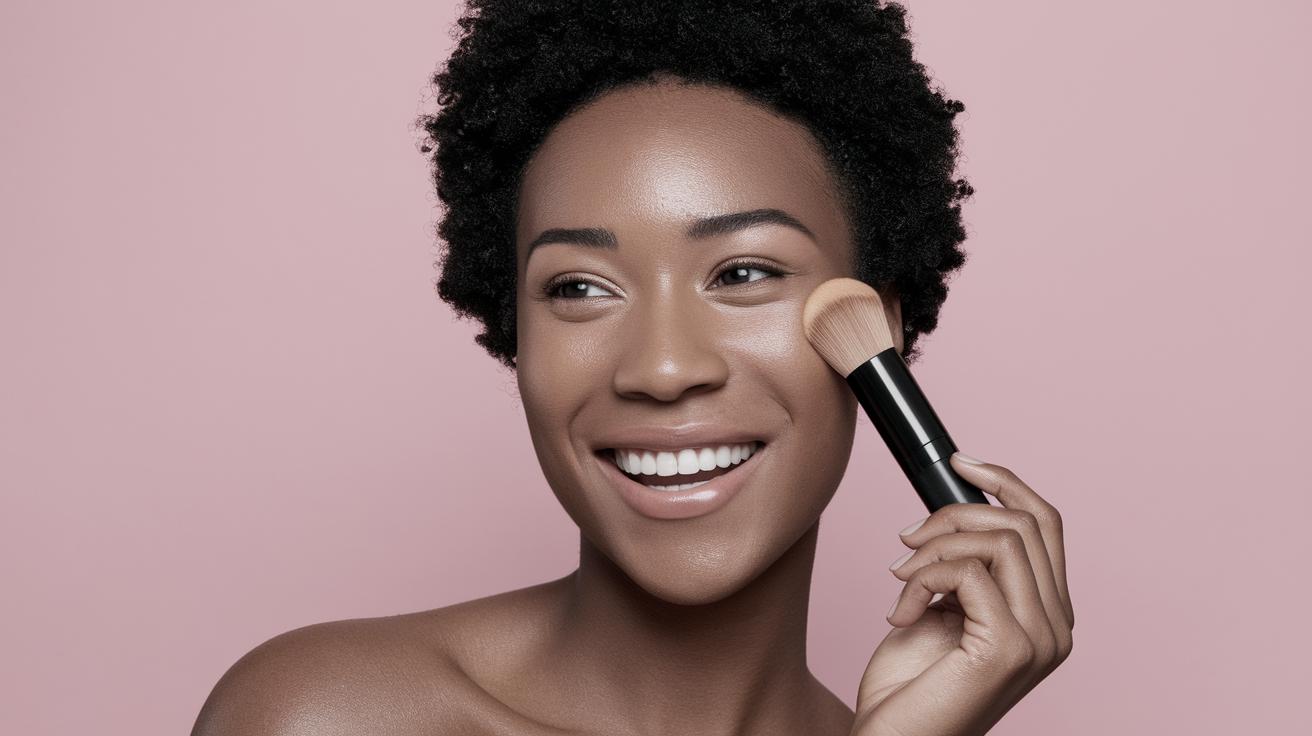The Benefits of Using Facial Oils
Facial oils have become a staple in skincare routines worldwide, boasting a variety of benefits for different skin types. They offer nourishing and moisturizing properties that can transform the health and appearance of your skin. Unlike some skincare products that might strip the skin of its natural oils, face oils protect and enhance the skin’s natural barrier. In this comprehensive guide, we will delve into what face oils are, their differences from serums, and the myriad benefits they offer. We’ll also explore how to properly use face oils to maximize their effects. Whether you’re considering adding a face oil to your regimen or looking to optimize your existing routine, this article provides the insights you need.
What are Face Oils?
Face oils are concentrated plant-based oils rich in natural ingredients, designed specifically for application on the skin. Crafted from a blend of essential oils, antioxidants, and vitamins, they provide deep hydration and nourishment. The primary goal of face oils is to complement the skin’s natural oils, providing an extra layer of moisture and protection.
With their unique ability to seal in moisture, face oils are ideal for individuals with dry or sensitive skin. However, there exists a misconception that face oils are only suitable for dry skin types. In reality, a carefully chosen face oil can benefit all skin types, including oily and combination skin, by regulating the skin’s natural oil production.
What Are the Differences Between Face Oils and Serums?
Although both face oils and serums are used in skincare routines, they serve different purposes and have distinct characteristics. Serums are water-based products, typically lighter and formulated to penetrate deep into the skin, delivering active ingredients like peptides, vitamins, and antioxidants directly to the skin’s layers.
In contrast, face oils are lipid-based and work on the surface, providing a protective barrier that locks in moisture and shields the skin from external aggressors. They don’t typically penetrate as deeply as serums but rather complement the skincare routine by enhancing the skin’s hydration and protection.
What Are the Benefits of Face Oils?
Face oils offer a multitude of benefits that cater to various skincare concerns. One of the primary advantages is their ability to provide long-lasting moisture, ensuring the skin remains soft and hydrated throughout the day. Moreover, they are packed with nutrients like fatty acids, vitamins, and antioxidants that nourish the skin and enhance its health.
Besides hydration and nourishment, face oils are known for boosting skin radiance and reducing signs of aging. By incorporating face oils into your routine, you can achieve a smoother, more youthful complexion. These oils can assist in balancing the skin’s natural oil production, preventing breakouts and maintaining a healthy glow.
Face Oils Provide Long-Lasting Moisture
Unlike lotions or creams that might evaporate quickly, face oils offer long-lasting moisture that permeates the skin’s surface. This prolonged hydration is particularly beneficial in harsh climates or during seasonal changes when the skin is more prone to dryness.
The way face oils restore moisture is through their complex composition of lipids and natural oils which mimic the skin’s natural sebum. This aids in rebuilding the skin’s moisture barrier, reducing water loss, and maintaining a supple feel.
Face Oils Nourish the Skin with Essential Nutrients
Rich in essential nutrients, face oils feed the skin with elements it might lack. This infusion of vitamins and antioxidants helps repair damaged skin cells and supports the skin’s natural regeneration process. With oils like jojoba, argan, and rosehip, your skin receives the nourishment it needs.
These nutrients also tackle inflammation and redness, offering a calming effect that benefits sensitive or irritated skin. Regular use of face oils can lead to stronger, healthier skin that is equipped to handle environmental stressors.
Face Oils Help to Boost Radiance
If you’re aiming for a radiant complexion, face oils can be your secret weapon. They imbue the skin with a natural sheen by restoring the lipids needed for a healthy glow. Face oils also improve skin texture, helping to smooth out rough patches.
The natural radiance achieved with face oils comes from their ability to deeply hydrate and protect the skin, creating a luminous and even-toned appearance without an oily finish. This natural glow is achievable for all skin types with consistent use.
Face Oils Help to Reduce the Signs of Ageing
Incorporating face oils into your skincare routine can dramatically reduce the appearance of fine lines and wrinkles. Their high content of antioxidants fights age-inducing free radicals, promoting a youthful appearance. Oils such as marula and pomegranate are particularly effective in anti-aging due to their rich antioxidant properties.
In addition to fighting age-inducing elements, face oils enhance skin elasticity, maintaining firmness and preventing sagging. By keeping the skin’s barrier strong, face oils delay the effects of aging and keep your skin looking timeless.
How to Use a Face Oil
For optimal results, face oils should be used as the final step in your skincare routine, after cleansing, toning, and applying serum. This allows them to seal in moisture and the benefits of any previously applied products. A few drops are typically sufficient; warm the oil in your hands before gently pressing it into your skin.
Consistency is key, so incorporating face oil into both your morning and evening routines will yield the best results. Remember to adjust the amount used based on your skin type and the climate to ensure you’re getting its full range of benefits.
Why Apply Face Oil to Damp Skin?
Applying face oil to damp skin is generally recommended because it helps trap moisture within the skin’s surface. The oil forms a barrier that prevents rapid evaporation of hydration, maximizing the skin’s plumped and moisturized state.
Additionally, damp skin can enhance the distribution and absorption of the oil, allowing for a more even application and better penetration of its beneficial ingredients. After cleansing, pat your skin leaving it slightly moist to capture moisture effectively.
What is The Best Product to Pair with Face Oil?
For enhanced benefits, pair face oil with a lightweight serum tailored to your skin concerns. The serum targets specific issues while the face oil locks in its active ingredients, creating a dynamic duo for maintaining hydration and nourishment.
Additionally, using a facial roller after applying face oil can aid in absorption and reduce puffiness by stimulating circulation. This pairing ensures your skin receives the maximum benefits from both treatments, leaving it balanced and revitalized.
Summary of Main Points
| Topic | Description |
|---|---|
| What are Face Oils? | Concentrated plant-based oils designed to enhance skin’s natural barrier, suitable for all skin types. |
| Face Oils vs. Serums | Face oils are lipid-based and work on the surface; serums penetrate deeper into the skin. |
| Benefits | Provide moisture, nourish skin, boost radiance, and reduce signs of aging. |
| Long-Lasting Moisture | Oils create a barrier that locks in moisture, reducing water loss. |
| Nutrient Nourishment | Rich in essential nutrients that repair and calm the skin. |
| Boost Radiance | Creates a natural sheen and smooths skin texture. |
| Signs of Ageing | Fights free radicals and enhances skin elasticity. |
| How to Use | Apply last in routine on damp skin for better absorption. |
| Product Pairing | Pair with serum and facial roller for maximum benefits. |


